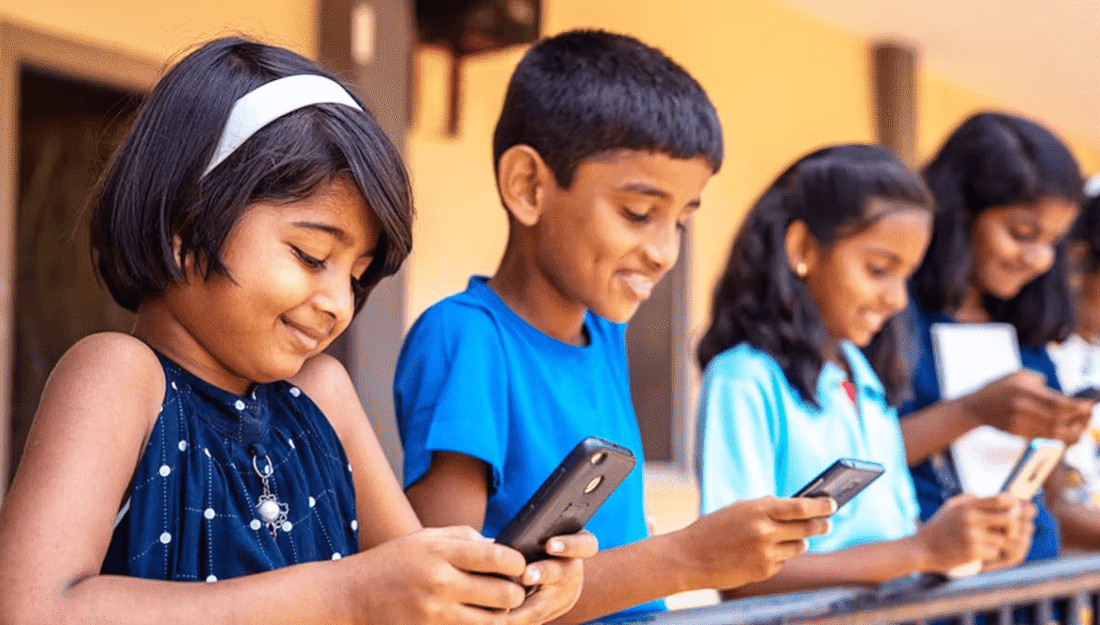Students and Smartphones: A Modern Dilemma Spiraling Out of Control

Every great invention comes with a price. History has shown us that even the most groundbreaking scientific innovations can have unintended consequences. Take, for instance, the story of Alfred Nobel. When he created dynamite, his intention was to help in construction and industrial advancement—not to fuel the machinery of war.
Ironically, the Nobel Peace Prize, established in his name, stands today as a reminder of how noble intentions can be overshadowed by destructive outcomes.
But perhaps no example is more harrowing than the invention of the atom bomb—a tool of unspeakable destruction that razed Hiroshima and Nagasaki, altering the course of humanity forever.
This brings us to a modern invention that, while far less violent, carries consequences we are only beginning to grasp: the mobile phone. Much like dynamite, the mobile phone was born from the desire to connect, educate, and empower. But somewhere along the way, that tool turned into a trap—especially for students.
When the pandemic forced the world into isolation, mobile phones and online education became our lifelines. But as schools shut their gates and learning moved into living rooms, a new danger crept in: addiction.
What began as a necessary shift to digital platforms has now become a silent epidemic. Many parents will agree that their children have become slaves to their devices. Study hours are spent scrolling social media. Classrooms are disrupted by message notifications. Sleep cycles are ruined. Real-world conversations are replaced by endless virtual chatter.
It’s a black hole—this digital addiction—and we are tumbling into it faster than we know.
Germany has begun to take notice. In the state of Hesse, officials are proposing a ban on personal smartphone use in primary and secondary schools after the summer break, with a few exceptions. The goal is to curb distractions, reduce bullying, and limit exposure to harmful content. Across the country, many schools are independently implementing similar restrictions, hoping to reclaim students’ attention and mental well-being.
We don’t need to outlaw technology—but we do need to regulate it. School principals across the country must act with urgency. Smartphones should be restricted in classrooms, not because we’re anti-technology, but because we’re pro-learning. We must find a balance between harnessing the power of mobile technology and protecting young minds from its misuse.
The time to act is now. If we wait too long, we may find ourselves raising a generation so deeply consumed by the digital world that they’ve forgotten how to live in the real one.
Let us not wait for a metaphorical Hiroshima before we realize the power we’ve placed in the hands of our children.



